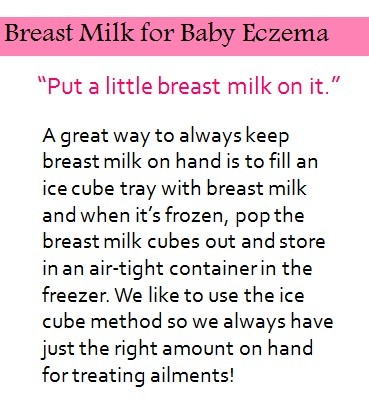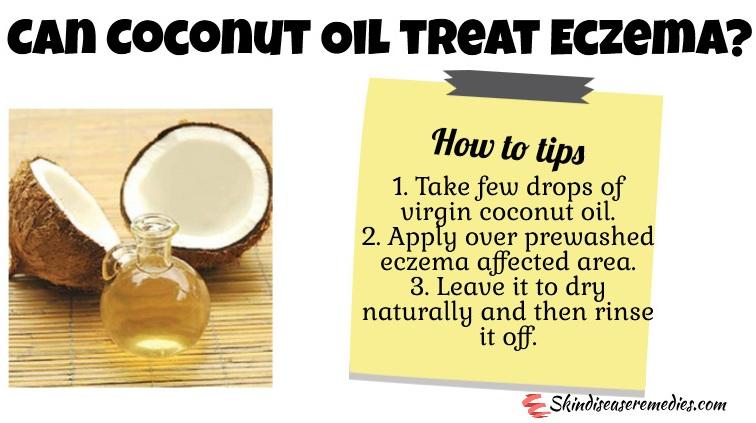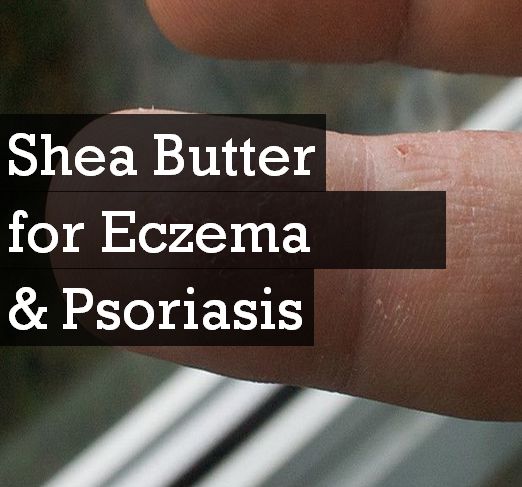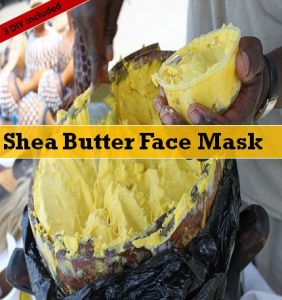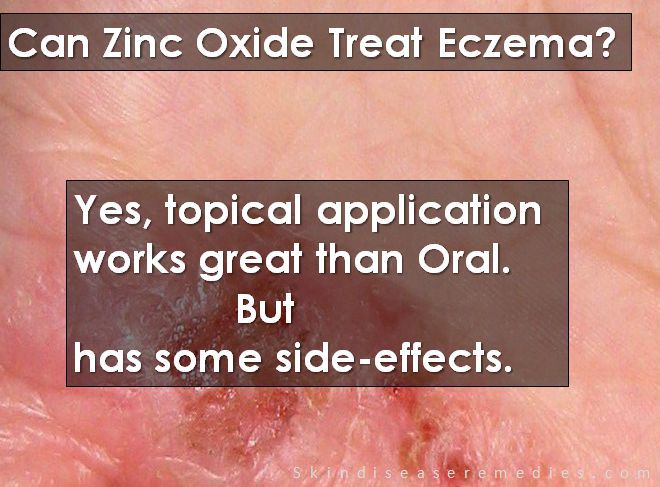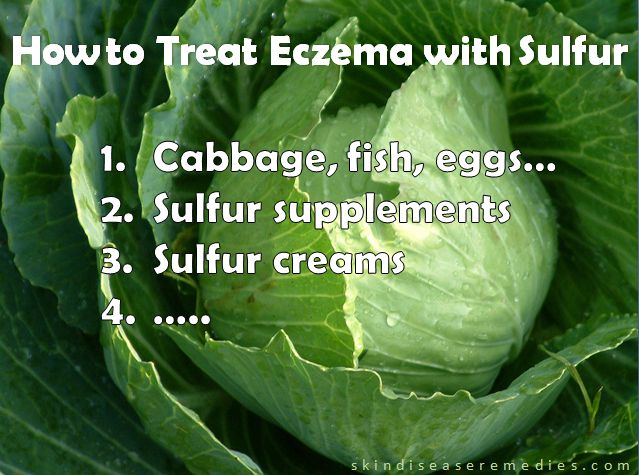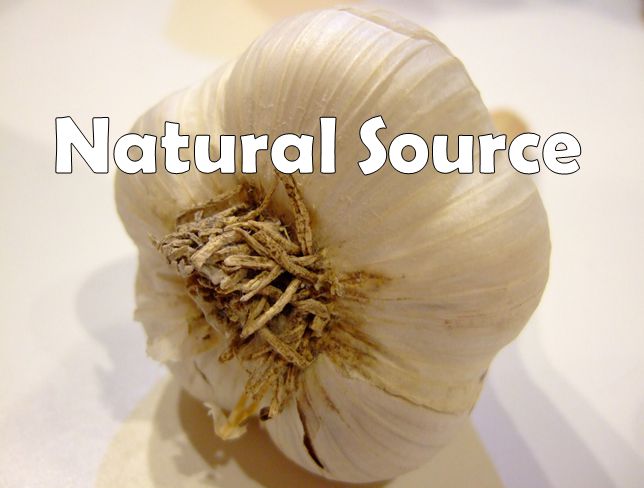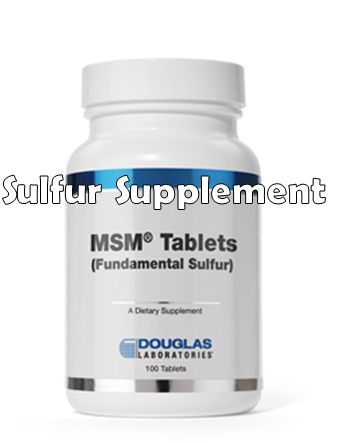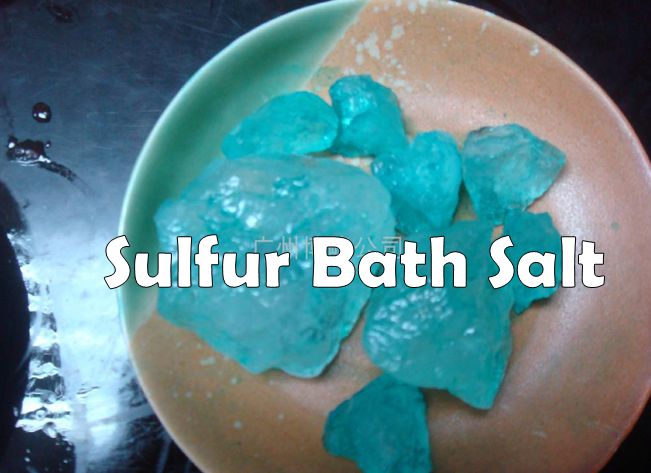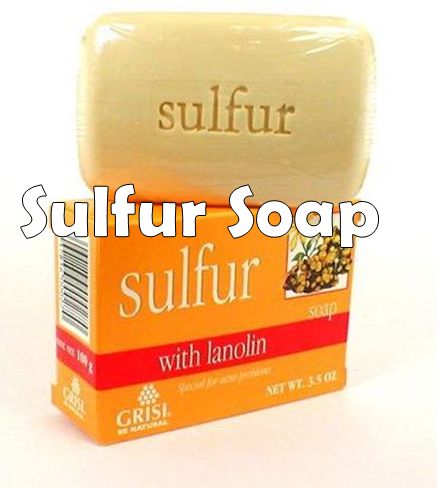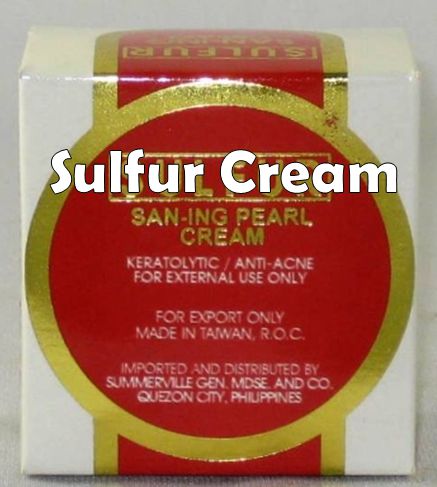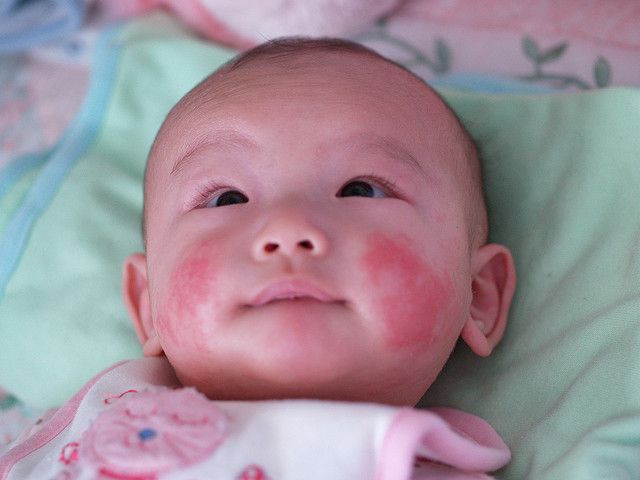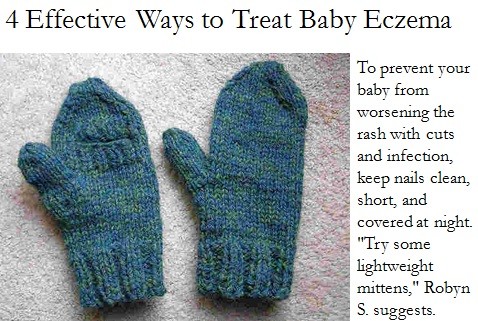
All of a sudden celebrations of a new born baby turn to sadness, when red itchy patches appear on baby’s silky skin. Experts say, often the culprit is eczema, also known as atopic dermatitis. If you don’t pay attention, eczema may get worse and lead to serious injuries.
According to studies, 20 percent of babies are affected by eczema. Unfortunately, steroids and creams may not work for all, because your baby may be allergic to the ingredients incorporated in the steroids. This is where you need to bring natural remedies to get rid of baby eczema.
So, how to get rid of baby eczema?
1. Stay Away from Eczema Irritants
Your baby’s skin may have allergies to metals, perfumes, dyes and ingredients in the cream. Once you see red rashes do check the ingredients and seek doctor’s suggestion. Baby soaps, which come with fragrance smell, may contain harmful chemicals that stripes natural moisture from your baby’s skin.
So select soap with no harsh chemicals and use natural moisturizes like coconut oil or castor oil. Even clothing can trigger eczema; avoid cloths that may stimulate itching. Use lightweight and breathable fabrics.
2. Eczema and Food Allergy Link
American Academy of Pediatrics claim that introduction of solid food may have impact on eczema development. So it’s recommended by experts to avoid solid food until 6 months of age and cow milk should be delayed until 1 year of age. Anyhow, there are very few studies to back these theories.
You may not know but your baby may be allergic to certain foods. Consult an allergist and discuss about the possible irritants in food. Else you can do it yourself by avoiding certain food items and see the change in eczema flare-ups.
3. Stop the Baby Scratching
Repeated scratching may leave scars behind on her skin. Eczema triggers heavy itching, so you must resist your baby from scratching. First thing is to keep nails short and use mittens to cover her hands.
Related post: How to keep the neck of a baby dry
4. Eczema Medication
Sometimes all the above things fail to get rid of baby eczema. One such parent increased the treatment dose by taking utmost care like using steroids, applying Vaseline to keep the skin hydrated and avoiding all irritants, but their struggle didn’t turned up. So, the doctor recommended her the strong steroid cream called triamcinolone acetonide, with which the red rashes cleared up completely.
Other mom, just shift their attention towards natural remedies to get rid of baby eczema like the one mom from England did. After trying steroids and creams recommended by physician and dermatologist she tired virgin coconut oil. Within weeks she started seeing positive results.
What I think from above cases is one solution or remedy will not work for all. Research, check and then try, to see the results.
Must read: Mom after struggling for her baby’s eczema writes a guide
Oatmeal Bath for Baby Eczema
You can hydrate your baby’s skin using this homemade remedy. Ingredients include virgin olive oil, baking soda and oats. Olive oil is renowned for its moisturizing properties, baking soda treats itchiness and oats cleanse dead cells on the skin.
Things you’ll need
- Virgin olive oil – 3 tbsp
- Baking soda – 1/4 cup
- Oats (finely grounded) – 1/2 cup
Add all mentioned ingredients to bath tub and soak for about 15-20 minutes. Oats must be grounded finely, else they may settle at the bottom of the tub. To distribute evenly, mix thoroughly. Limit the use of baking soda as your baby’s skin is sensitive.
Note: Because of moisturizer, tub will be slippery. Take care of your baby. (source)
Try Apple Cider Vinegar to Get Rid of Baby Eczema on Face
Exceptional properties in ACV can moisturize your baby’s skin and reduce itching. Use it on face or add it to her bath tub, it turns out to be one of the effective remedy.
- Add few drops of ACV in water; you can also add honey to add sweetness. Or directly apply over eczema affected area after diluting with water. Don’t use concentrated vinegar over skin; dilute it using essential oil or water.
Related: Apple Cider Vinegar for Eczema
Wrap up
- World Health Organization recommends breast milk until 6 months of age, and then continue breastfeed with food until 2 years of age.
- Studies prove that applying breast milk on baby eczema flare ups may treat or reduce them.
- Use natural remedies like virgin coconut oil to moisturize baby’s skin.
- Mother must avoid diet that may trigger allergies. Like peanuts, diary product and tree nuts. Else breast milk may turn out as irritant, studies prove.
Share your story, how did you get rid of baby eczema?

